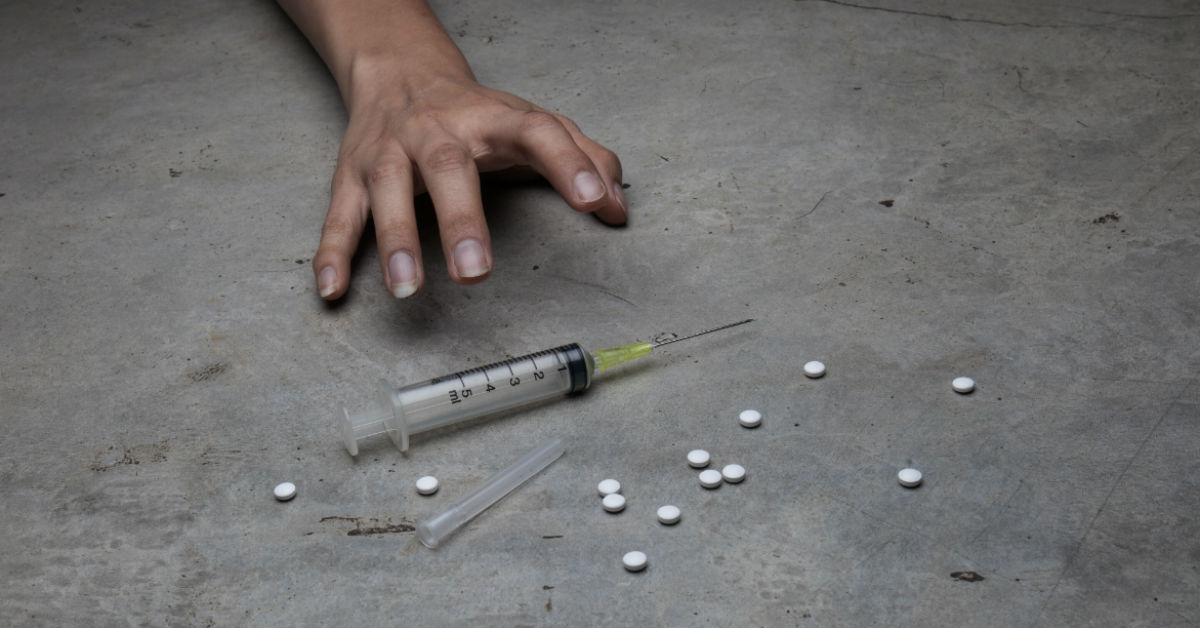If you don’t talk to your teenager about drugs and alcohol, you are missing a major opportunity to educate them on use, abuse and more. If parents don’t teach their children, they are more likely to learn from their friends. In the teenage years, as kids seek to be rebellious, more grown up and to impress their friends, partaking in drugs and alcohol can be disastrous. Start talking early and frequently about drug and alcohol use and its consequences to your teenager for their own health and safety.
Many parents ask for advice on talking to teens about drugs & alcohol, so we’ve put together a few pointers to help you get the conversation going.
Here are a few things you can do to set the right mood for a conversation about drugs and alcohol:
- Find moments when you both aren’t stressed out and won’t be interrupted, like in the car or before bedtime.
- Always ask your teen’s opinion and avoid turning the discussions into a one-sided lecture.
- Never be judgemental about your child’s opinion or questions and instead answer thoughtfully and calmly.
- Talk about drugs and alcohol often, not just as a one-time discussion, because their needs and their understanding changes as they grow.
- Share your love frequently and mention that you are concerned about their health and safety so that your teen feels how much you care about the topic.
When it comes to knowing just what to talk about, here are some conversation starters and ideas that should help get the ball rolling:
- Take note of advertisements for alcohol and discuss the tactics used to entice people to drink and then compare to reality.
- Point out everyday examples to bring up the topic, such as news stories, study results or even a life situation that happened to a friend or family member.
- Use online discussion materials from various drug and alcohol abuse organizations bring issues to light and find good talking points.
- Share stories of people you know that have suffered from drug or alcohol abuse.
- Together, look at online resources aimed at educating teens about drug and alcohol abuse.
Ultimately, your teen needs to know that you don’t want them using drugs or alcohol because they are an important part of the family. When children and teens have a strong support system and feel they have value and worth, they are more likely to avoid drugs and alcohol abuse in their teen years.











0 Comments